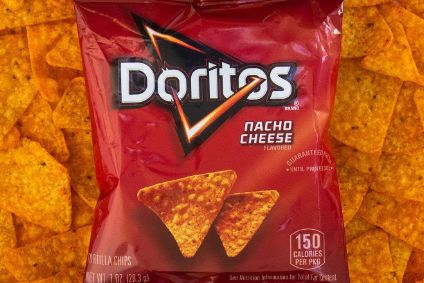
PepsiCo has unveiled an initiative to increase the representation of the Hispanic community across its US business, building on an existing project to support Hispanic suppliers.
The Frito-Lay and Walkers crisps brand owner is investing US$170m in Hispanic businesses and communities over five years. The cash is in addition to the previously announced $275m targeted spend for 2020 with Hispanic suppliers.

Discover B2B Marketing That Performs
Combine business intelligence and editorial excellence to reach engaged professionals across 36 leading media platforms.
PepsiCo will seek to increase the representation of Hispanic workers in middle management across the company – by up to 10% of the workforce by 2025 – while it plans to build a network of “resilient Hispanic-owned companies” to meet the business part of the objective, including in areas such as agriculture and sustainable packaging.
The Doritos maker will also look to provide access to higher education to “unlock opportunity for Hispanics across America”.
PepsiCo is also making available a $50m cash facility for Hispanic businesses to provide access to capital “not available through traditional sources”.
The initiatives for Hispanic communities is the latest effort by PepsiCo to bolster diversity at the company, having announced in June a $400m package of measures aimed at increasing the representation of black people, including a plan to expand its “black managerial population by 30%” by 2025 through a mix of “internal development and recruitment”.

US Tariffs are shifting - will you react or anticipate?
Don’t let policy changes catch you off guard. Stay proactive with real-time data and expert analysis.
By GlobalDataMeanwhile, in the wake of the death of black US citizen George Floyd during arrest by police, which resulted in widespread protests, PepsiCo declared it would by changing the imagery of its Aunt Jemima pancake mixes and syrups and its Beso de Negra candy brand sold in Colombia over concerns about racial stereotyping.





